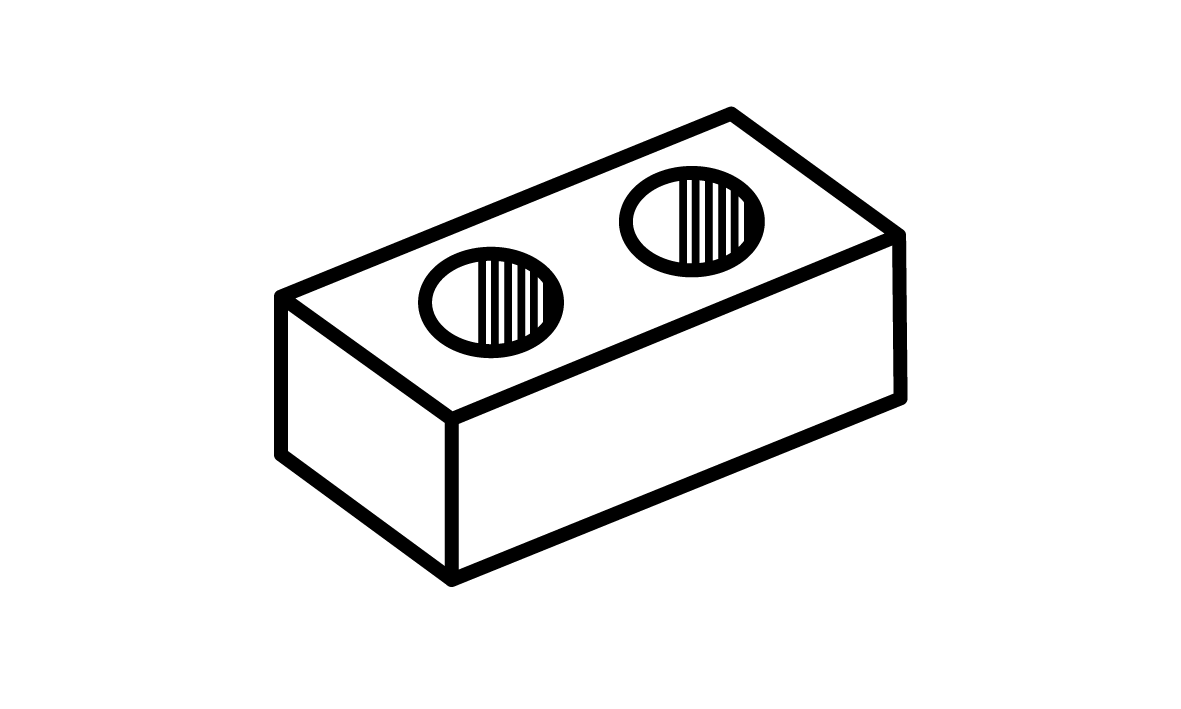How to tell your daughter 'she’s not worth it'…
Graduation
I am writing this piece from the Southbank Centre which has become one of the go-to venues in London for university graduation ceremonies. It looks like a fun event, beaming students adjusting their ceremonial gowns, hugging fellow graduates and attempting to mimic that iconic image of mortar boards being thrown into the air (while trying not to take their guests’ eyes out!).
Incredibly proud parents dressed to the nines, try their best not to well-up and to capture every moment of the pomp and ceremony. It’s a huge investment of blood, sweat, tears and cash to put your children through university in the UK. According to NUS figures the average cost, per student, per academic year, is £10,133.
But, as I watch I wonder, at what point, if any, do parents who have invested equally in the futures of their sons and daughter, and watched as their children struggle with the same student anxieties, have the conversation about their value? And specifically, in the world of work, how their daughters will experience unfairness from the moment they begin their working lives - how do you tell your daughters that in the most jobs they are considered less valuable than their brothers?
In the largest piece of research conducted by the UK government in 2016, it was reported that within one year of graduation the majority of women will face a gender pay gap which then widens over time.
Excuses, Excuses
The Equal Pay Act came into force in the UK in 1970 so this is not a new issue, and unfortunately, though the lives of women have changed in many ways since equal pay passed into law, the excuses for the chronic underpayment of women remain almost unchanged. Here are some of the common ones:
1. Women are choosing to work in roles which attract less pay - a popular assumption by many but the data shows that women are paid less in almost all roles including those with pay grades.
“Even in nursing, a course dominated by women students, men were still earning about £2,000 more just a year after graduation”
Source Guardian article 14th June 2017
2. Women are less skilled. Again, women are paid less at all levels, and interestingly, while the gap has narrowed slightly in the UK, it varies in relation to seniority.
“For high earners (top decile), the gap for full-time employees has remained largely consistent, fluctuating approximately 20 per cent (18.8 per cent in 2016).”
Source Equal Pay Portal http://www.equalpayportal.co.uk/statistics/
3. But women “go off” and have children. For me, this makes no sense in the 21st century. It is an incredibly odd thing to say that we apply a tax to half the planet based on the idea that whoever is ensuring the survival of humankind automatically provides less value.
It’s a form of tax that pays no dividends (except for employers) and ensures pound for pound women always pay more for investing in their careers. There is no discount on student fees or professional membership for women - here there is absolute equality!
Continuing this pernicious practice into the 21st century is not just plain wrong, it ignores the strides made by women in transforming themselves and society. And while the UK government makes efforts to challenge the pay gap for women, it is also key to look in depth at how intersectional issues are further compounding messages on value being received by, for example, disabled women and women of colour.
Consigned to history
Should things continue as they are, it is predicted it would take 52 years to arrive at equal pay for equal work. Wouldn’t it be wonderful if the graduates I saw celebrating at the Southbank could speak about this with their children as something consigned to history, like women not being able to vote or attend university at all? Wouldn’t it be wonderful if they never ever have to have a conversation with their daughters about equal pay?

